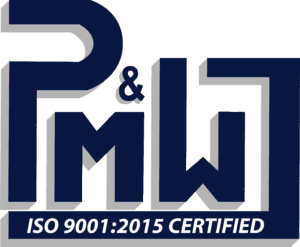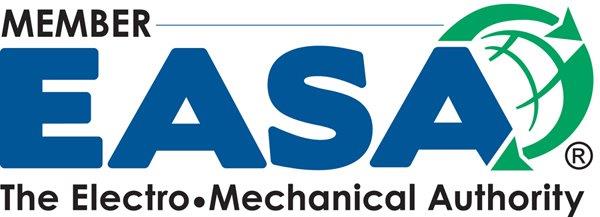As technology continues to advance, the push for energy efficiency in industrial operations has become more prevalent than ever. In the world of motor operations, where energy consumption is significant, implementing energy efficiency measures is not just a trend but a necessity. By optimizing the energy usage of motors, companies can reduce their carbon footprint, save on energy costs, and prolong the lifespan of their equipment. In this blog post, we will explore some effective strategies for implementing energy efficiency measures in motor operations.
1. Conduct an Energy Audit
Before implementing any energy efficiency measures, it is crucial to conduct a thorough energy audit of your motor operations. An energy audit will help you identify areas where energy is being wasted and opportunities for improvement. By understanding your current energy usage patterns, you can develop a targeted approach to optimizing energy efficiency.
2. Upgrade to High-Efficiency Motors
One of the most effective ways to improve energy efficiency in motor operations is by upgrading to high-efficiency motors. High-efficiency motors are designed to minimize energy loss and operate more efficiently than standard motors. While the initial cost of upgrading may be higher, the long-term energy savings make it a worthwhile investment.
3. Implement Variable Frequency Drives (VFDs)
Variable Frequency Drives (VFDs) are another valuable tool for improving energy efficiency in motor operations. VFDs control the speed of the motor by adjusting the frequency of the electrical supply, allowing the motor to operate at optimal levels based on the load requirements. This not only reduces energy consumption but also extends the lifespan of the motor.
4. Optimize Motor Maintenance Practices
Regular maintenance is essential for ensuring the efficient operation of motors. By implementing a proactive maintenance schedule that includes tasks such as lubrication, alignment, and insulation testing, you can prevent energy loss due to motor inefficiencies. Additionally, promptly addressing any issues that arise can help avoid costly downtime and repairs.
5. Invest in Motor Monitoring and Control Systems
Motor monitoring and control systems provide real-time data on motor performance, allowing operators to identify inefficiencies and make adjustments as needed. By monitoring factors such as temperature, vibration, and power usage, companies can proactively address issues that impact energy efficiency and overall motor health.
6. Educate and Train Staff
Lastly, educating and training staff on energy efficiency best practices is crucial for the successful implementation of energy efficiency measures in motor operations. By raising awareness and providing training on energy-saving techniques and proper motor usage, companies can empower their employees to contribute to energy conservation efforts.
Implementing energy efficiency measures in motor operations requires a holistic approach that combines technological solutions, proactive maintenance practices, and employee engagement. By prioritizing energy efficiency, companies can not only reduce their environmental impact but also reap the financial benefits of lower energy costs and improved equipment performance.
If you need assistance with optimizing energy efficiency in your motor operations, contact The Pump & Motor Works, Inc. today. Visit pmwus.com/contact to get in touch with our experts and learn how we can help you achieve energy savings and operational excellence.



